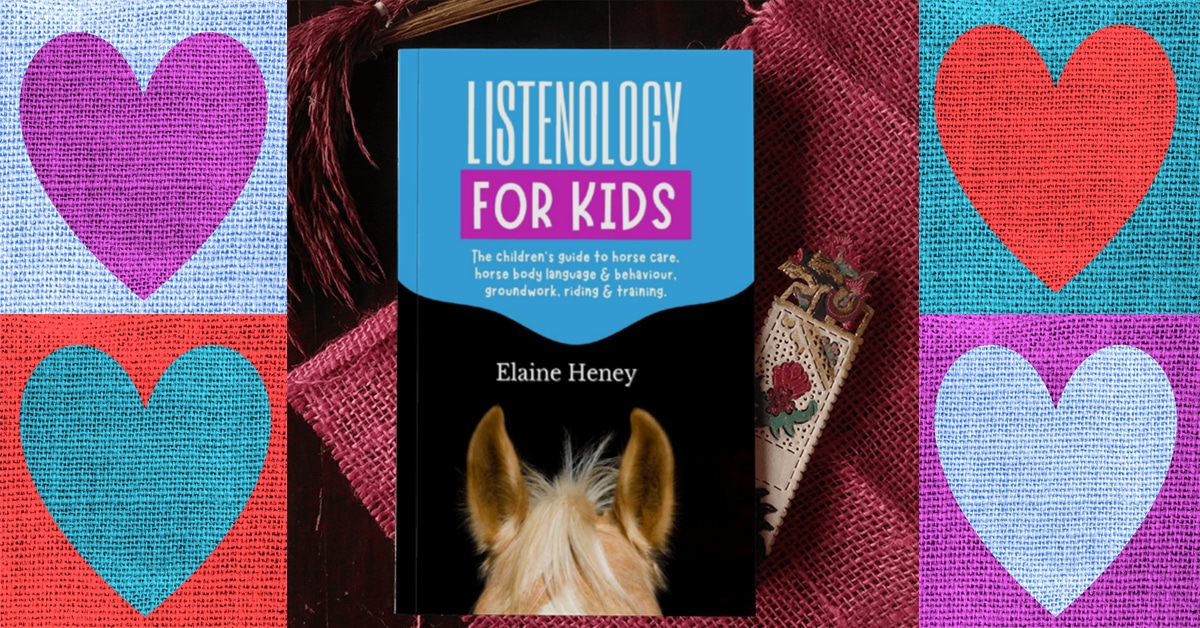The hardy equines found shelter in the dunes and huddled in groups to weather the storm that devastated the east coast.
Two animal rights organizations have called on the Manhattan District Attorney’s office to investigate the collapse of Ryder.
Animal rights group Center for a Humane Economy said that Ryder is not at a 'sanctuary' but rather a farm connected to the carriage trade.
Unable to use his hind end to walk since birth, this adorable miniature foal can now enjoy zoomies thanks to a special wheelchair.
The Center for a Humane Economy has asked for a work stoppage for NYC carriage horses to allow an independent veterinary review.
A research study at the University of Guelph hopes to determine if being around and touched by distressed humans is unpleasant.
Chip was relocated by the National Parks Service from Assateague Island because he was becoming food aggressive with visitors.
Over 145 mustangs being held in a holding facility died of equine flu because it was short-staffed and the horses were “high-strung".
The agency launched an appeal to avoid needless suffering during long journeys for horses bound for slaughter in Europe.
Do horses genuinely enjoy being touched, or do they simply tolerate us doing it? A study at the University of Guelph intends to find out.
This new book for children 9-14 years old teaches the philosophy of listening to the horse, being kind, and practicing good horsemanship.
The power couple are animal lovers who opted to forego white horses at their wedding and were honoured with a pair of rescued namesakes.
The international project provided training in saddlery, horse care and veterinary treatment to improve the health of working horses.
Members of the wildly popular Hallmark series dropped in to Win Place Home, which prepares OTTBs for their new careers.
Dumped in a ditch at a few days old, rescued filly foal Charley is now grown up and ready to take on the world.















